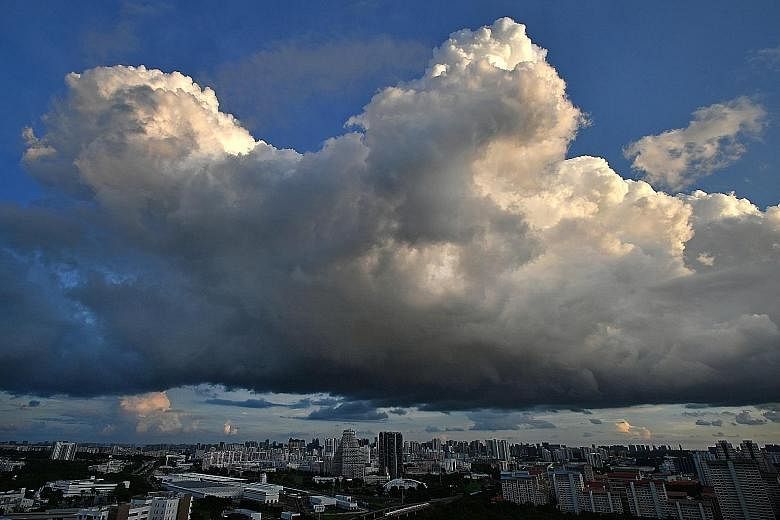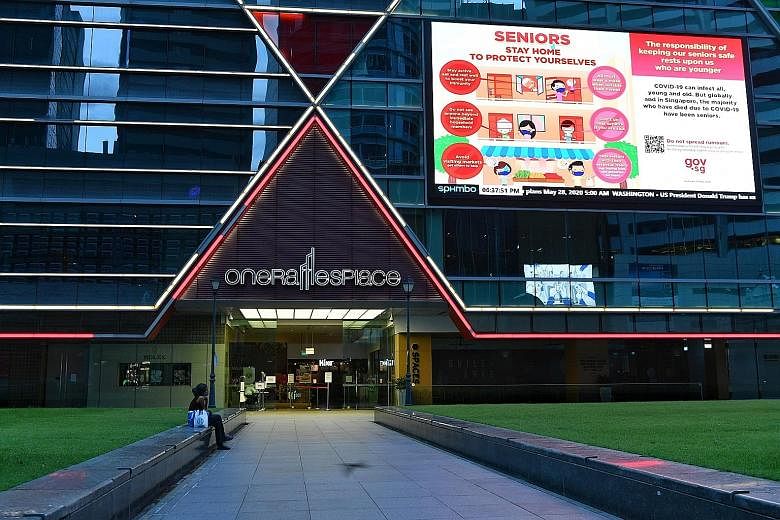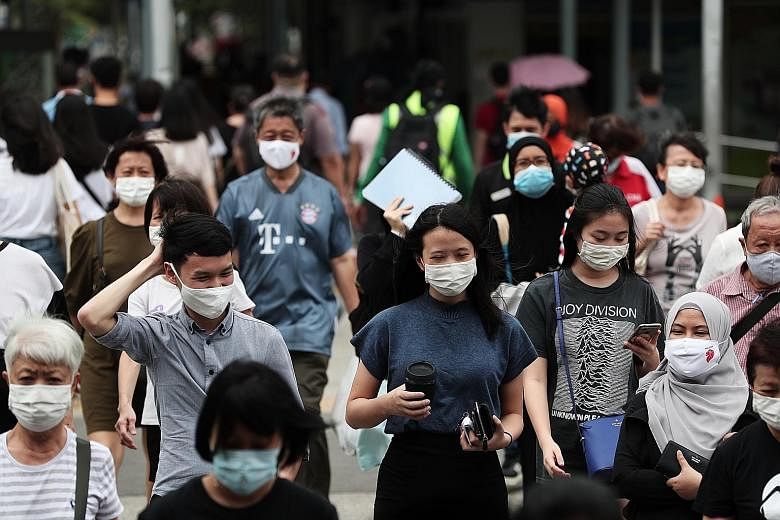A once-in-a-century global pandemic has disrupted lives, killed people, upended commerce, shuttered businesses, destroyed jobs and simply caused untold chaos to the order in our lives.
One of the darkest shadows it cast was the way it reinforced inequities.
Lower-skilled and blue-collar workers have borne the brunt of the global lockdowns and job losses. In contrast, more educated workers, especially financially and tech-savvy folk, managed to ride out the storm and work from home (WFH).
Coming out of this pandemic, income disparity and the wealth gap can widen further.
Many in the lower economic rungs of society could continue to suffer from the financial ravages of the pandemic, weighed down by job insecurity, lower income and debt. But the pandemic also accelerated the digital and tech revolution.
During the lockdowns, about 80 per cent of the white-collar workforce was deployed under WFH regimes, creating a cottage industry in everything from e-meetings and e-seminars to e-sales and e-marketing.
Online teleconferencing, chats and discussions and digital marketing have sped up the journey towards a digital economy. Online shopping has soared.
The advent of 5G and artificial intelligence will further intensify these trends. The pandemic has thrown the spotlight on existential issues such as pollution, resource depletion, clean water and air. Rapid population growth and urbanisation, coupled with rapid degradation of nature, are putting pressure on many resources.
Given that 18 of the hottest years on earth occurred during the past 20 years, there is an urgent imperative to find innovative alternative energy sources, while also dealing with future challenges arising from resource scarcity.
Hence, issues of environment, sustainability and governance (ESG) will loom ever larger.
-
Retrenchments
Disease X
Boom in new job sectors
Employees' well-being
Total global investment in renewables exceeded US$180 billion (S$238 billion) last year, and is expected to have risen by almost 20 per cent this year. Green bonds have been attracting new funds and will continue to grow. In time, ESG will be a key parameter for investment decisions.
For nations, the pandemic has also focused minds on supply chain priorities, and particularly food security.
The closure of borders highlighted the dangers of over-dependence on any single supply source. Countries have learnt that they will have to diversify their sources.
To avoid strategic weaknesses and vulnerabilities, many countries will go digital and local. This means having the ability to quickly source critical products and, perhaps, move some of the manufacturing processes closer to home.
Some of the most noticeable changes are likely to be in the workplace where, for the first time in history, the well-being of employees will become a major focus. The pandemic, after all, began to spread largely at workplaces and worker dormitories.
Companies will also have to implement workable business continuity plans.
This crisis has taught the corporate world that, with the right technology in place, not everyone needs to be at the same place, at the same time. Even deals can now be inked digitally. This could impact demand for business travel worldwide.
Another lesson individuals and corporates have learnt from this crisis is the need to maintain sufficient funds to tide them over unpredictable and difficult periods.
Corporate financial resilience will depend on a company's ability to build up enough fat on the balance sheets and keep gearing low. For individuals, this could mean saving enough to weather six months of going without a job. Cash flow is critical during crunch time.
Meanwhile, with financial markets flush with liquidity (it is estimated there is US$4.3 trillion sloshing around in global money markets), interest rates will remain low for several years.
In Singapore, the Singapore Interbank Offered Rate, or Sibor, is under 0.5 per cent, compared with almost 1.5 per cent over a year ago.
While low interest rates are good for businesses and financial markets, they can mean lower returns on retirement savings, education funds and even inter-generational transfers.
On the geopolitical front, a new administration in the United States under President Joe Biden could see a less rancorous world. Multilateralism could re-emerge as a force for good, particularly in environmental management and global health issues.
This would be important as many scientists believe the next pandemic may be round the corner, no thanks to global climate change and environmental degradation.





